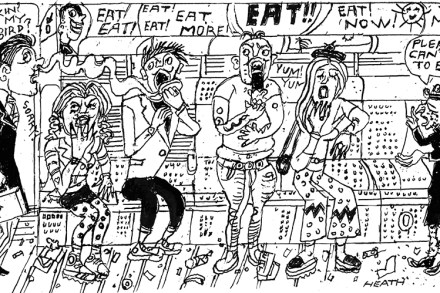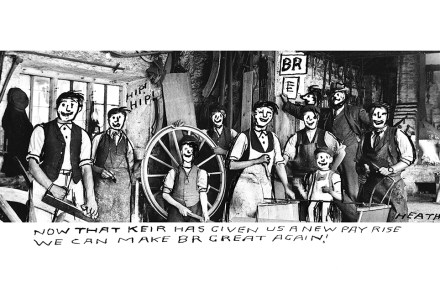Income tax must rise – but Rachel Reeves must go
Call me hard-hearted, but I doubt even a magic mushroom-induced tantric visualisation of a harmonious universe could transport me into a state of sympathy for Rachel Reeves. Her content-free but don’t-blame-me speech on Tuesday morning did nothing to make me feel more benign. Yes, it’s not entirely her fault that a Labour cabinet can’t deliver welfare cuts, that defence spending must rise and that the UK has a chronic productivity deficit; and yes, the Tories left a mess behind. But in every other respect she’s in a trap of her own making, in which the only Budget move that might restrain out-of-control public borrowing, namely raising income tax, is also




















